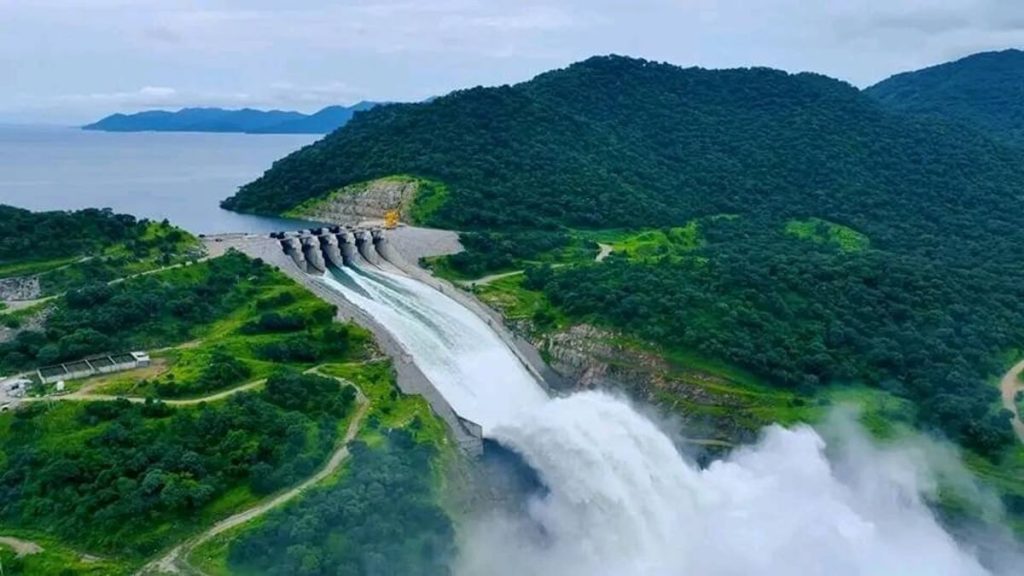Generation

Ethiopia’s strategic future amid regional power politics and U.S. pressure

The Grand Ethiopian Renaissance Dam (GERD) is set for inauguration in September 2025 after nearly 14 years of construction. Prime Minister Abiy Ahmed formally invited Egypt, Sudan, and other Nile Basin countries to attend the ceremony, marking a significant milestone for Ethiopia’s flagship infrastructure project.
Trump’s Misleading Claims on GERD Financing
Former U.S. President Donald Trump repeatedly claimed that the GERD was largely funded by the United States, a statement factually incorrect. The dam has been entirely financed by Ethiopia through domestic bonds and public contributions, reflecting a deliberate choice to avoid foreign conditionalities. Trump’s remarks not only misrepresented the project but also undermined Ethiopia’s sovereign development efforts.
Egypt’s Opposition & Diplomatic Lobbying
Egypt has intensified its lobbying against the GERD, framing it as an existential threat to its water security. Recently, Egyptian Foreign Minister Badr Abdelatty met with Ugandan President Yoweri Museveni, urging regional support and warning of unilateral actions under international law. Ethiopia, in response, accused Egypt of creating obstacles to progress.
Hydro-Hegemony: Egypt’s Historical Control Over the Nile
Egypt has long dominated the Nile Basin through colonial-era treaties like the 1929 and 1959 agreements, which excluded upstream nations. This hydro-hegemony relies on legal, institutional, and geopolitical mechanisms to maintain disproportionate water access, reinforcing Egypt’s narrative as the Nile’s sole custodian.
Securitization of the GERD by Egypt
Egypt has securitized the GERD, portraying it as a national security threat to justify aggressive diplomatic and potential military responses. This framing aims to delegitimize Ethiopia’s right to equitable water use under international law while rallying global sympathy for Cairo’s position.
U.S. Mediation Bias & Geopolitical Interference
The Trump administration’s mediation in GERD negotiations favored Egypt, culminating in a rejected draft agreement that Ethiopia deemed unfair. Trump’s inflammatory suggestion that Egypt might "blow up the dam" escalated tensions, revealing a disregard for African-led diplomacy and Ethiopia’s sovereignty.
Ethiopia’s Sovereign Stance & Regional Strategy
Ethiopia has consistently emphasized its right to develop the GERD as a poverty-alleviation project while advocating for cooperative regional solutions. Beyond the dam, Addis Ababa is pursuing strategic alliances, such as its port deal with Somaliland, to secure Red Sea access and counterbalance Egypt’s influence.
Red Sea Access & Ethiopia’s Geopolitical Crossroads
The GERD dispute intersects with Ethiopia’s maritime ambitions, as regional powers resist its potential Red Sea access. A bold strategic realignment, including recognizing Somaliland, could redefine Ethiopia’s regional role but risks backlash from Egypt, Arab states, and Somalia.
Conclusion: GERD as a Symbol of Sovereignty
The GERD represents more than a hydropower project—it is a test of Ethiopia’s ability to assert sovereignty against historical inequities and foreign interference. The dam’s inauguration will not only shape Nile Basin geopolitics but also determine Ethiopia’s trajectory as a regional power.












